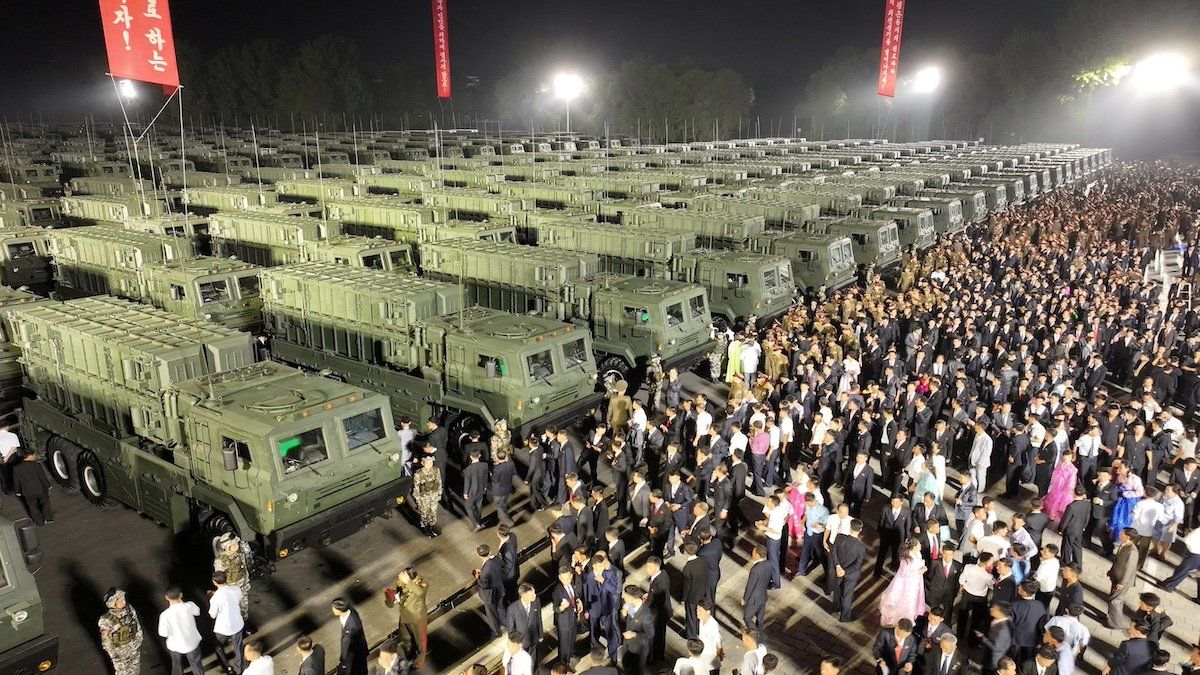It was barely 24 hours ago when we asked whether North Korea was really sending troops to fight alongside Russia in Ukraine. The answer appears to be yes, according to South Korean and Ukrainian sources.
They say there are several dozen North Koreans already in Ukraine, helping to operate the launchers for North Korean ballistic missile systems that Pyongyang has supplied to Moscow.
Western governments have long accused North Korea of supplying artillery and other munitions to Russia, but the presence of troops in the theater of combat would mark a substantial deepening of the Moscow-Pyongyang partnership. North Korea and Russia have denied any of this is happening.
Meanwhile, closer to home, North Korea has for the first time acknowledged that it is building a border wall that will completely sever road and rail ties with the South. The project, which had previously been spotted by satellite images, comes as relations between the two Koreas have been steadily deteriorating.
Earlier this year, North Korean Supreme Leader Kim Jong Un for the first time openly rejected the goal of an eventual reconciliation or reunification between the two countries. Now he is backing up words with actual walls.